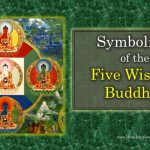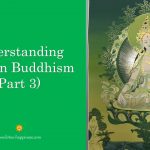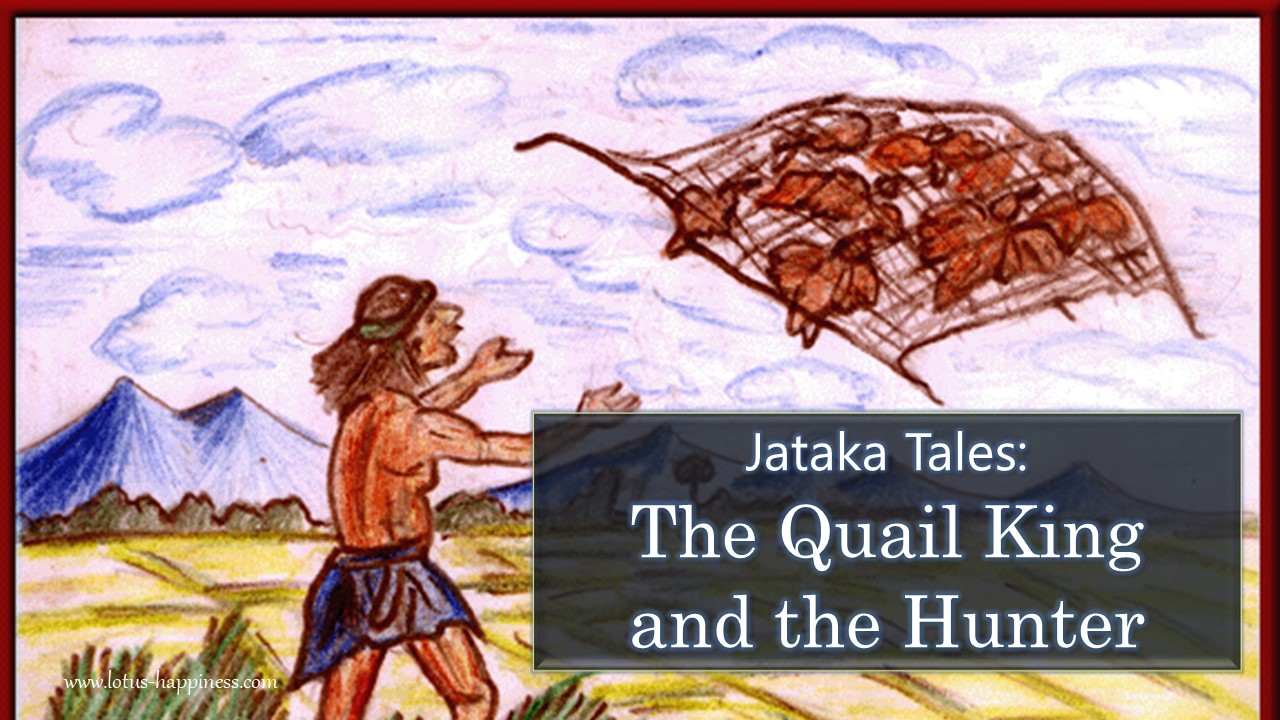Seven Factors of Enlightenment
The Tipitaka, the Buddhist canon, is replete with references to the factors of enlightenment expounded by the Enlightened One on different occasions under different circumstances. In the Book of the Kindred Sayings, V (Samyutta Nikaya, Maha Vagga) we find a special section under the title Bojjhanga Samyutta wherein the Buddha discourses on the bojjhangas in diverse ways. In this section we read a series of three discourses or sermons recited by Buddhists since the time of the Buddha as a protection (paritta or pirit) against pain, disease, and adversity.
The term bojjhanga is composed of bodhi + anga. Bodh denotes enlightenment — to be exact, insight concerned with the realization of the four Noble Truths, namely: the Noble Truth of suffering; the Noble Truth of the origin of suffering; the Noble Truth of the cessation of suffering and the Noble Truth of the path leading to the cessation of suffering. Anga means factors or limbs. Bodhi + anga (bojjhanga), therefore, means the factors of enlightenment, or the factors for insight, wisdom.
“Bojjhanga! Bojjhanga! Is the saying, Lord. Pray, Lord, how far is this name applicable?” queried a monk of the Buddha. “Bodhaya samvattantiti kho bhikkhu tasma bojjhanga ti vuccanti” — “They conduce to enlightenment, monk, that is why they are so called,” was the succinct reply of the Master.[1]
Further says the Buddha, “Just as, monks, in a peaked house all rafters whatsoever go together to the peak, slope to the peak, join in the peak, and of them all the peak is reckoned chief: even so, monks, the monk who cultivates and makes much of the seven factors of wisdom, slopes to Nibbana, inclines to Nibbana, tends to Nibbana.”[2]
The seven factors are:
- Mindfulness (sati)
- Keen investigation of the dhamma(dhammavicaya)[3]
- Energy (viriya)
- Rapture or happiness (piti)
- Calm (passaddhi)
- Concentration (samadhi)
- Equanimity (upekkha)
One of the discourses on the Bojjhangas may be mentioned here. It begins:
Thus I heard: At one time the Buddha was living at Rajagaha, at Veluvana, in the squirrel’s feeding-ground. At that time the Venerable Maha Kassapa, who was living in Pipphali Cave, was sick, stricken with a severe illness. Then the Buddha, rising from his solitude at eventide, visited the Venerable Maha Kassapa, took his seat, and spoke to the Venerable Maha Kassapa in this wise:
“Well, Kassapa, how is it with you? Are you bearing up; are you enduring? Do your pains lessen or increase? Are there signs of your pains lessening and not increasing?”
“No, Lord, I am not bearing up, I am not enduring. The pain is very great. There is a sign not of the pains lessening but of their increasing.”
“Kassapa, these seven factors of enlightenment are well expounded by me, cultivated and much developed by me, and when cultivated and much developed, they conduce to full realization, perfect wisdom, to Nibbana. What are the seven?
“Mindfulness. This, O Kassapa, is well expounded by me, cultivated and much developed by me, and when cultivated and much developed, it conduces to full realization, perfect wisdom, to Nibbana.
“Investigation of the Dhamma…
“Energy…
“Rapture…
“Calm…
“Concentration…
“Equanimity, O Kassapa, is well expounded by me…
“These seven factors of enlightenment, verily, Kassapa, are well expounded by me, cultivated and much developed by me, and when cultivated and much developed they conduce to full realisation, perfect wisdom, to Nibbana.”
“Verily, Blessed One, they are factors of enlightenment! Verily, O Welcome One, they are factors of enlightenment!” uttered Maha Kassapa. Thus spoke the Buddha, and the Venerable Maha Kassapa, rejoicing, welcomed the utterances of the Worthy One. And the Venerable Maha Kassapa rose from that illness. There and then that ailment of the Venerable Maha Kassapa vanished. — SN 46.14
Another discourse (Maha Cunda Bojjhanga Sutta) of the three mentioned above reveals that once, when the Buddha himself was ill, the Venerable Maha Cunda recited the bojjhangas, factors of enlightenment, and the Buddha’s grievous illness vanished.[4]
Source: Access to Insight












